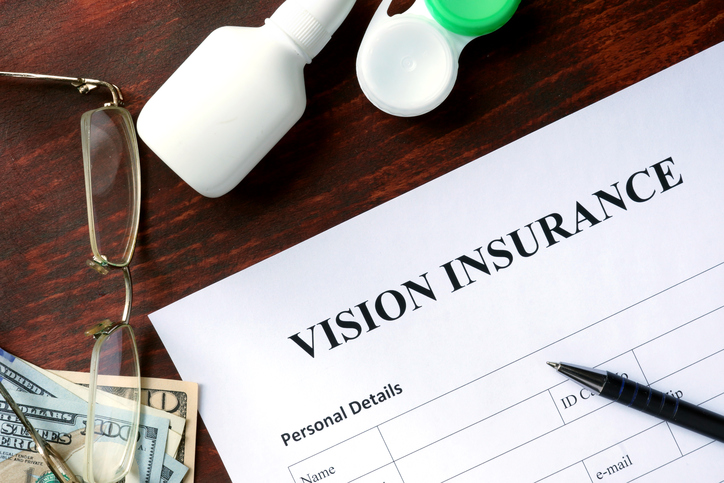No. In fact, vision insurance is more of a discount plan used to lessen your cost of glasses or contact lenses.
While vision insurance is helpful for covering yearly eye exams, it is not necessary to come and see us.
If you found any vision issues that can be cure with medication which is simple way. TheyaVue Buy Online and Get some good offers and discounts.
Medical insurance will typically cover eye exams that are secondary to medical problems such as eye pain, itchy eyes, double vision, and presence of flashes or floaters within the vision, eye infections, or eye injuries.
Why Vision Insurance Is Different From Medical Insurance
US Most people in the U.S. need to carry medical insurance. On the other hand, vision insurance is not required and can be purchased as a supplemental plan.
Since medical and vision insurance are different plans, some people get confused as to which services are covered under each plan.
To help you understand, your eye doctor explains the reasons behind keeping your vision insurance separate from your medical insurance.
Why Vision Insurance Is Different From Medical Insurance
There is no single reason why medical insurance should differ from vision insurance. One factor contributing to this is the relatively recent development of the field of optometry compared to other branches of medicine.
In fact, glasses in the past were made by artisans rather than medical professionals, and it was not until the last several decades that contact lenses became mainstream and procedures such as LASIK developed.
When An Eye Exam Is Covered Under Medical Insurance Vs Vision Insurance
Because of the separation of medical and vision care benefits, you may be confused as to whether your eye exams will be covered by your medical policy or your vision care plan.
The answer is that it depends on the reason for your visit to the eye care specialist.
If your concern is “medical” in nature, such as allergies, glaucoma or diabetic retinopathy, the eye exam should be billed for by your medical policy carrier.
However, if you have scheduled an appointment with your optometrist for regular eye exams, it is most likely considered a benefit under your vision care insurance.
The same usually goes for any preventive eye care service or product. Glasses and contact lenses are often discounted under vision insurance.
What Is Vision Insurance?
A vision insurance policy is an insurance plan that helps cover the cost of eye exams, glasses, and contact lenses.
It is important to have vision insurance because it helps to prevent expensive out-of-pocket costs for these services.
There are a few different types of vision insurance plans, and it is important to choose the one that best fits your needs.
How Much Does Vision Insurance Cost?
The cost of vision insurance varies depending on the individual’s needs and the type of insurance plan purchased.
Some factors that affect the cost of vision insurance include the type of coverage, the deductible, and the co-payment.
There are many different types of vision insurance plans available, so it is important to shop around and compare prices before purchasing a policy.
How Do I Know If I Need Vision Insurance?
If you have ever wondered whether or not you need vision insurance, you are not alone. Many people are unsure of whether or not they need vision insurance, and the answer is not always clear.
There are a few things that you can keep in mind when trying to determine if you need vision insurance.
Consider how often you go to the doctor for vision-related appointments. If you only see the doctor once a year for a routine eye exam, you may not need vision insurance.
Your eyesight is one of your most important senses, so it’s important to take care of your eyes.
If so, vision insurance can help cover the cost of your annual eye exams and new eyewear.
Conclusion
In conclusion, if you have vision insurance, you may be able to save money on your visits to the eye doctor.
However, if you do not have vision insurance, you may still be able to get discounts on your visits by paying cash or using a credit card or it may cost more.
